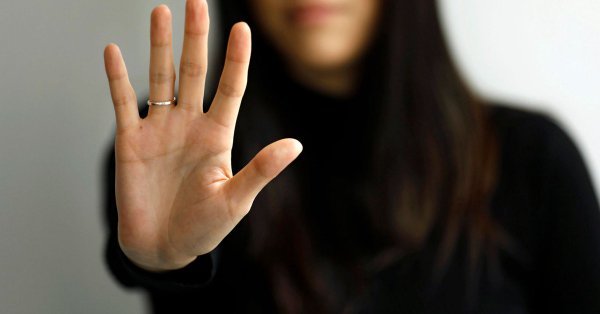Editing Office - Geneva
Every day we have the opportunity to be a champion for gender equality, in big and small ways. And some days, many of us slip when we don’t pay attention to our own attitudes and actions that boost stereotypes and inequality. From the words we use at work or with our loved ones to the assumptions we make about strangers, we can all be better at promoting equality in our daily lives.
 Here are five ways you can break up with your toxic behaviours and promote gender equality in your life.
Here are five ways you can break up with your toxic behaviours and promote gender equality in your life.1) Defy stereotypes
Challenge labels. Global soccer star Marta Vieira da Silva was only seven years old when she was told soccer wasn’t for girls. She was the only girl playing on teams full of boys. In her community, as in many parts of the world, sport is still an area dominated by men, meaning girls and women are often discouraged from participating.
And it’s not just in sport, one study found that by age 6, girls are already less likely than boys to describe their own gender as ‘brilliant’, and less likely to join an activity labelled for ‘very, very smart’ kids. By combatting these outdated stereotypes, women like Marta are breaking barriers and showing that girls can do anything. Marta kept playing, proving that she was just as good as any boy in her community, and by the time she was 24 in 2010, she’d been named FIFA World Player of the Year 5 times in a row (plus a sixth time in 2018). Marta became a UN Women’s Goodwill Ambassador for women and girls in sport, to inspire the next generation of girls to pursue their dreams. “Today, I want to use my story to empower girls everywhere, to work towards their goal, in whatever area that may be — in sport, in life, in work,” she says.
2) Talk the talk
Words matter. The words and the language we use can perpetuate or break gender stereotypes. Using words and phrases like ‘humankind’ instead of ‘mankind’ and ‘business person” instead of ‘businessman’ place men and women on an equal level. When the Universal Declaration of Human Rights was being drafted in 1948, Article 1 almost read “All men are born free and equal”. But Hansa Mehta, one of only two female delegates to the UN Commission on Human Rights at the time, fought for the more inclusive phrase “All human beings are born free and equal”, which was eventually adopted, making the declaration the all-encompassing document it was meant to be. Think about the way you’re using words and phrases and how they can alienate or include all genders. To learn more, check out the United Nations guide to gender inclusive language, and UN Women’s searchable GenderTerm lexicon for more information.
For more information:
https://medium.com/we-the-peoples/five-ways-you-can-break-up-with-toxic-behaviour-c78a6cbd0e47